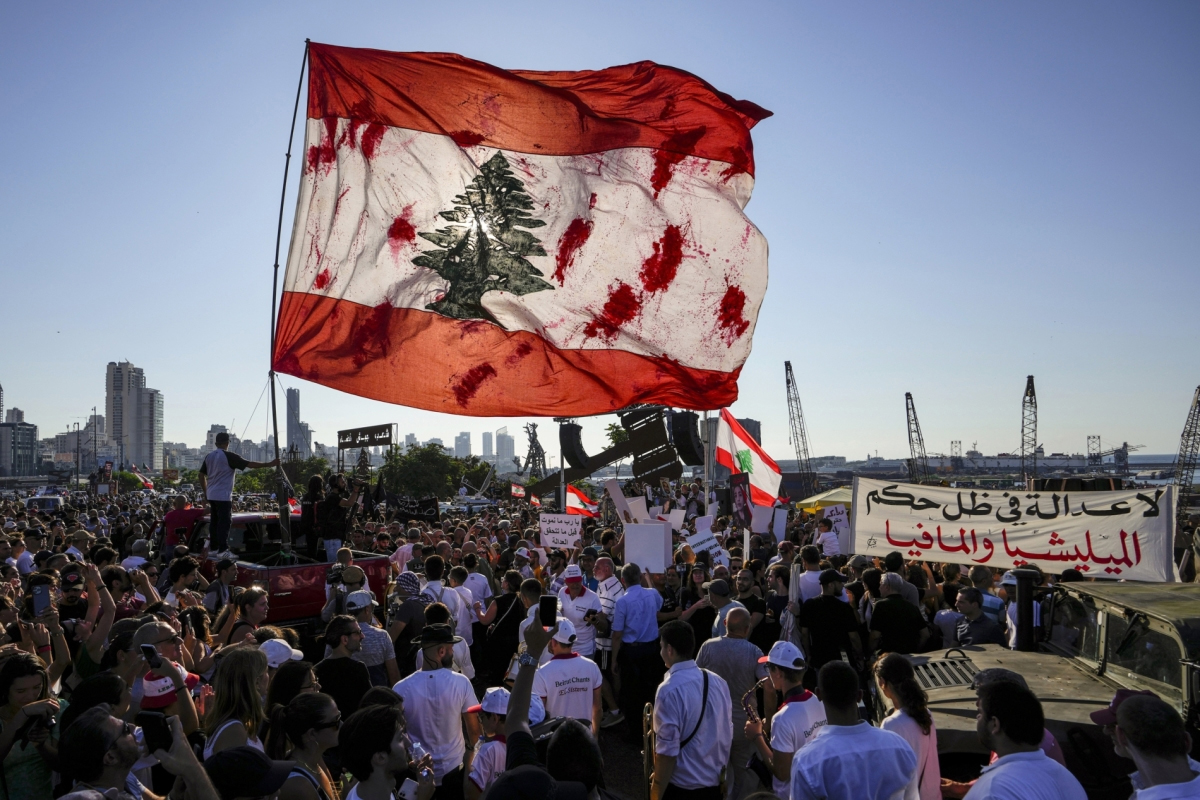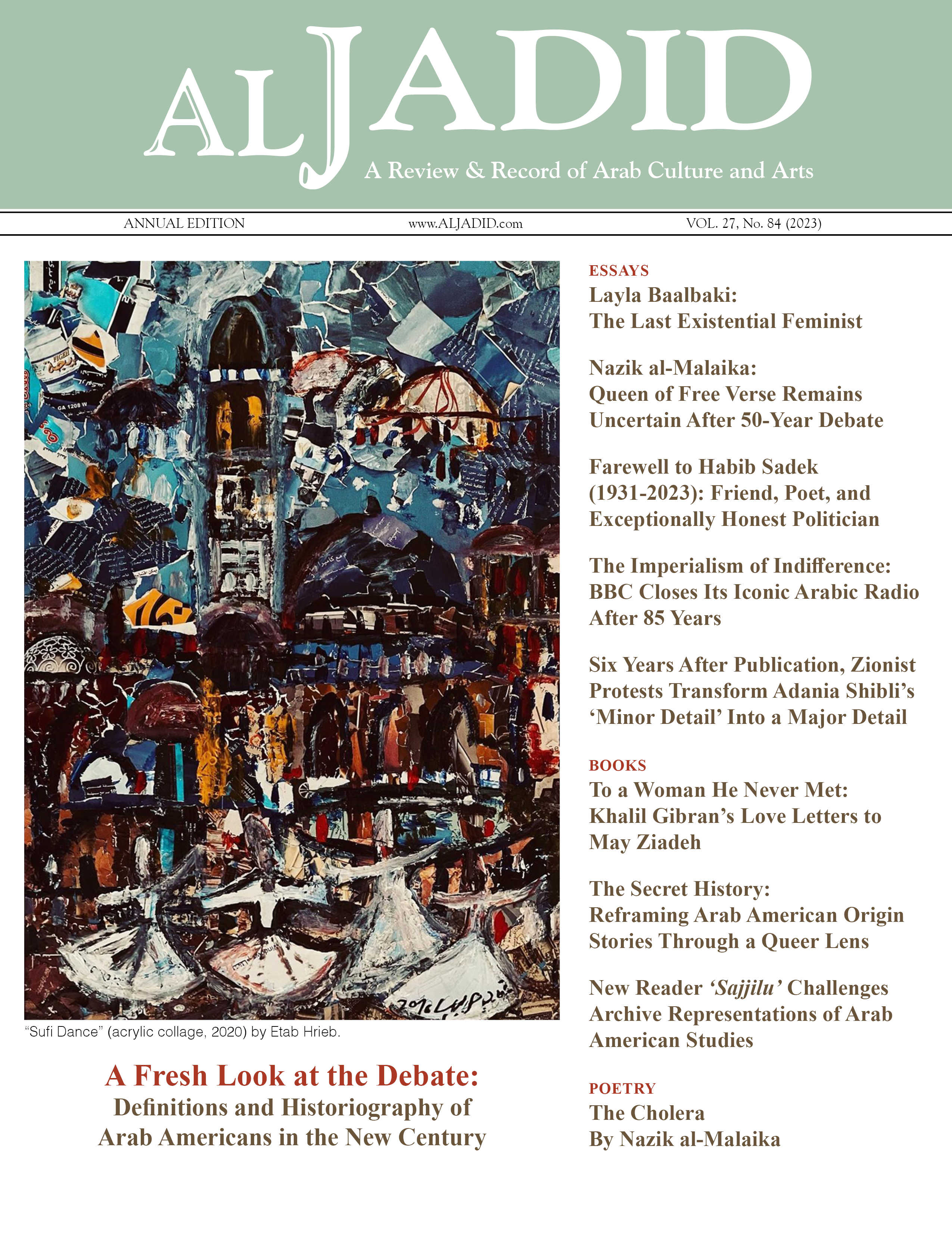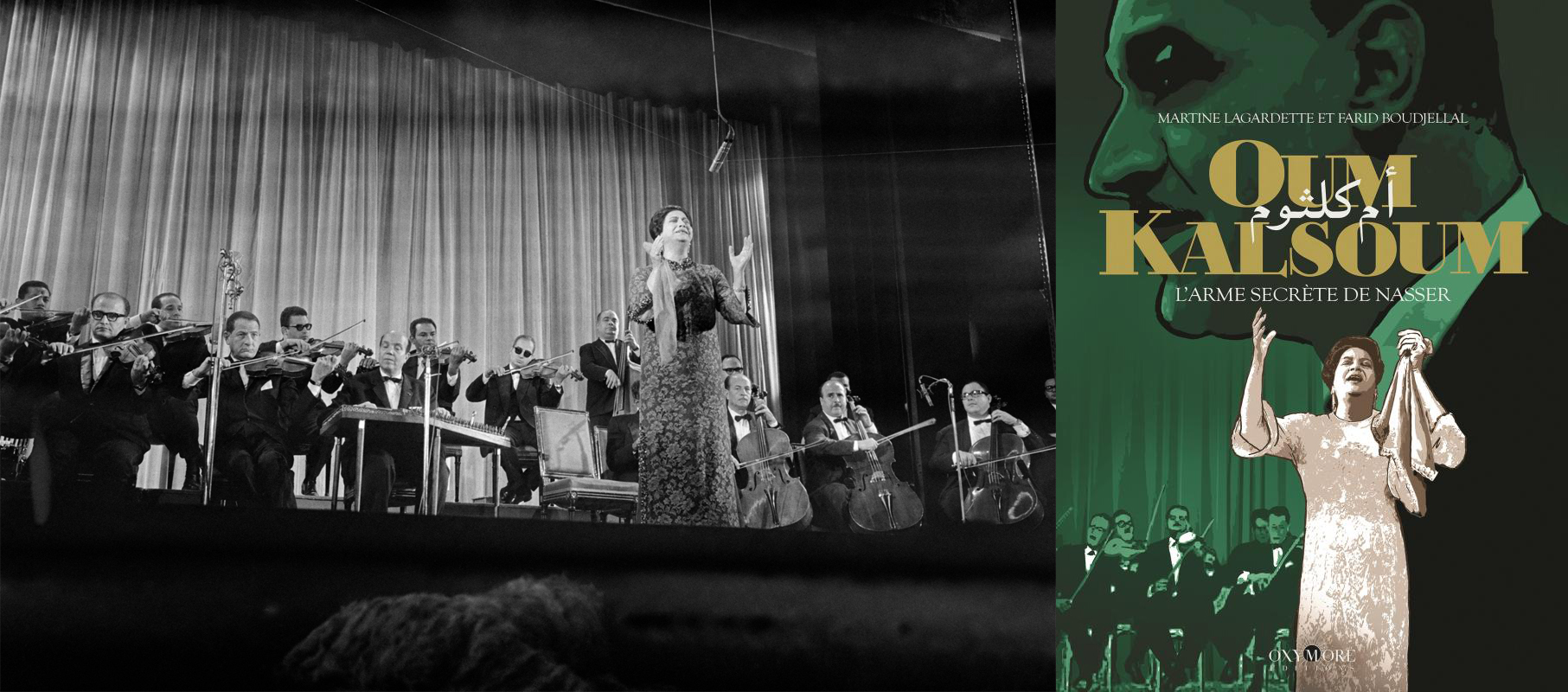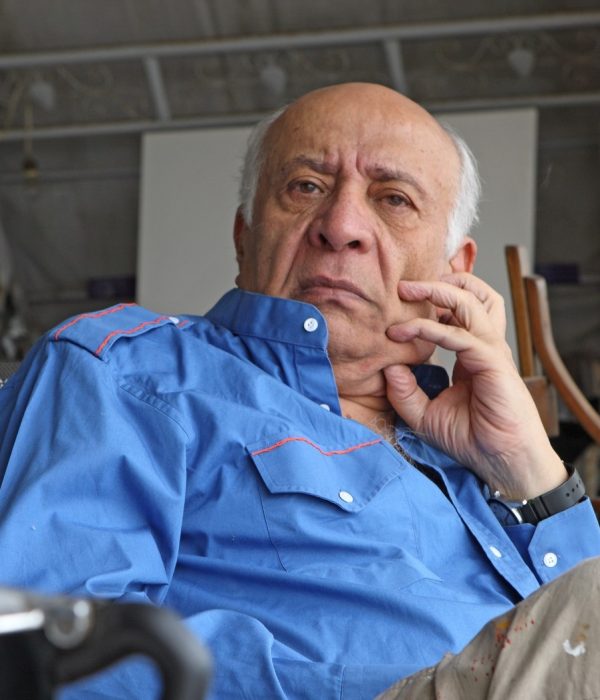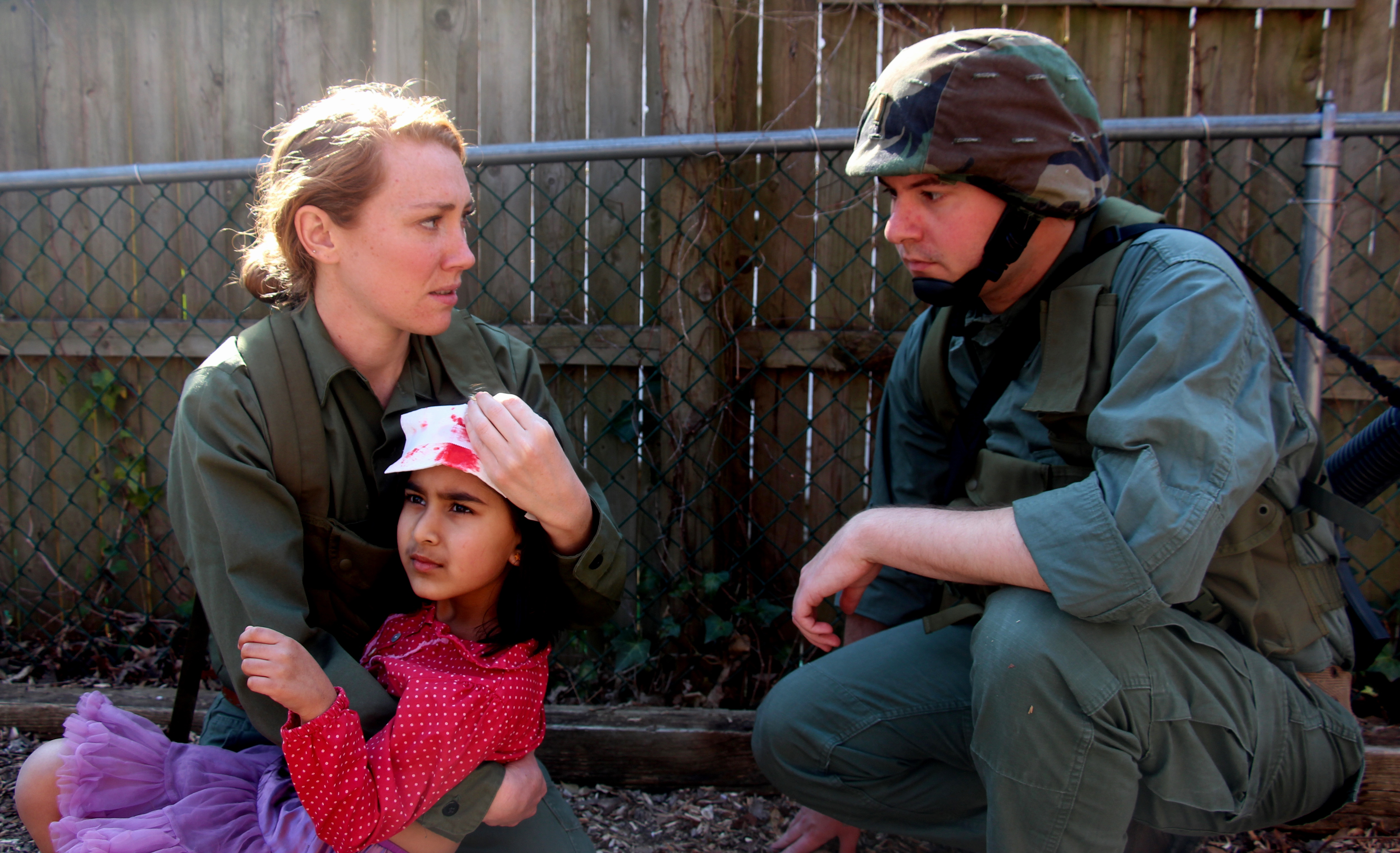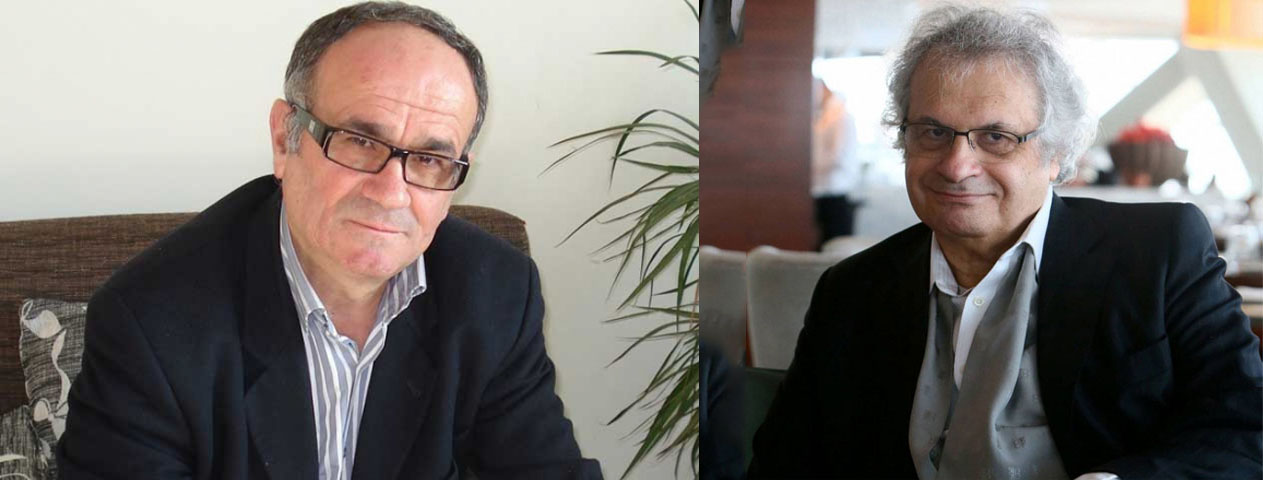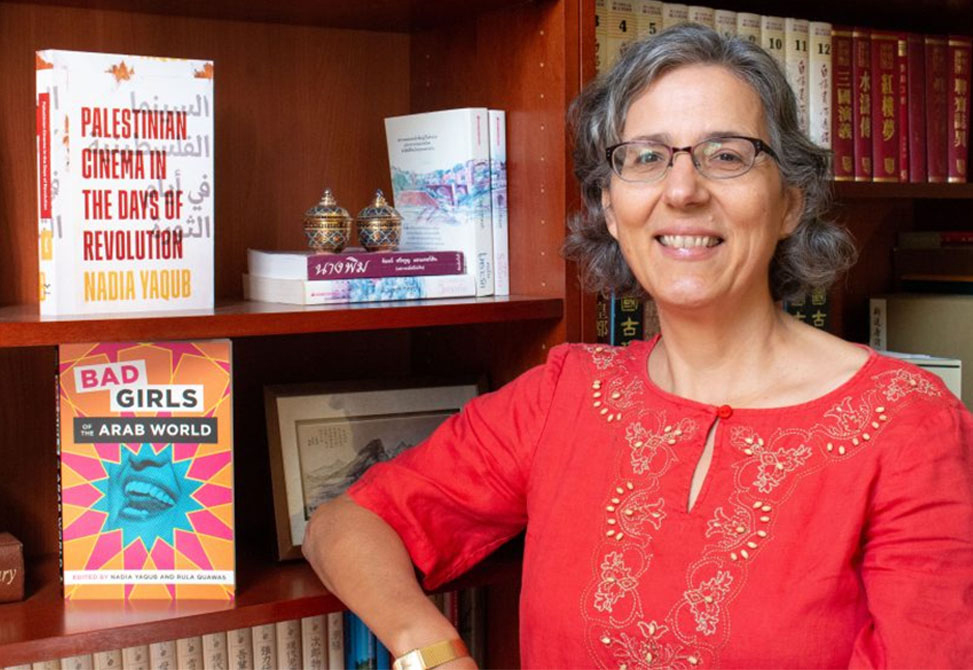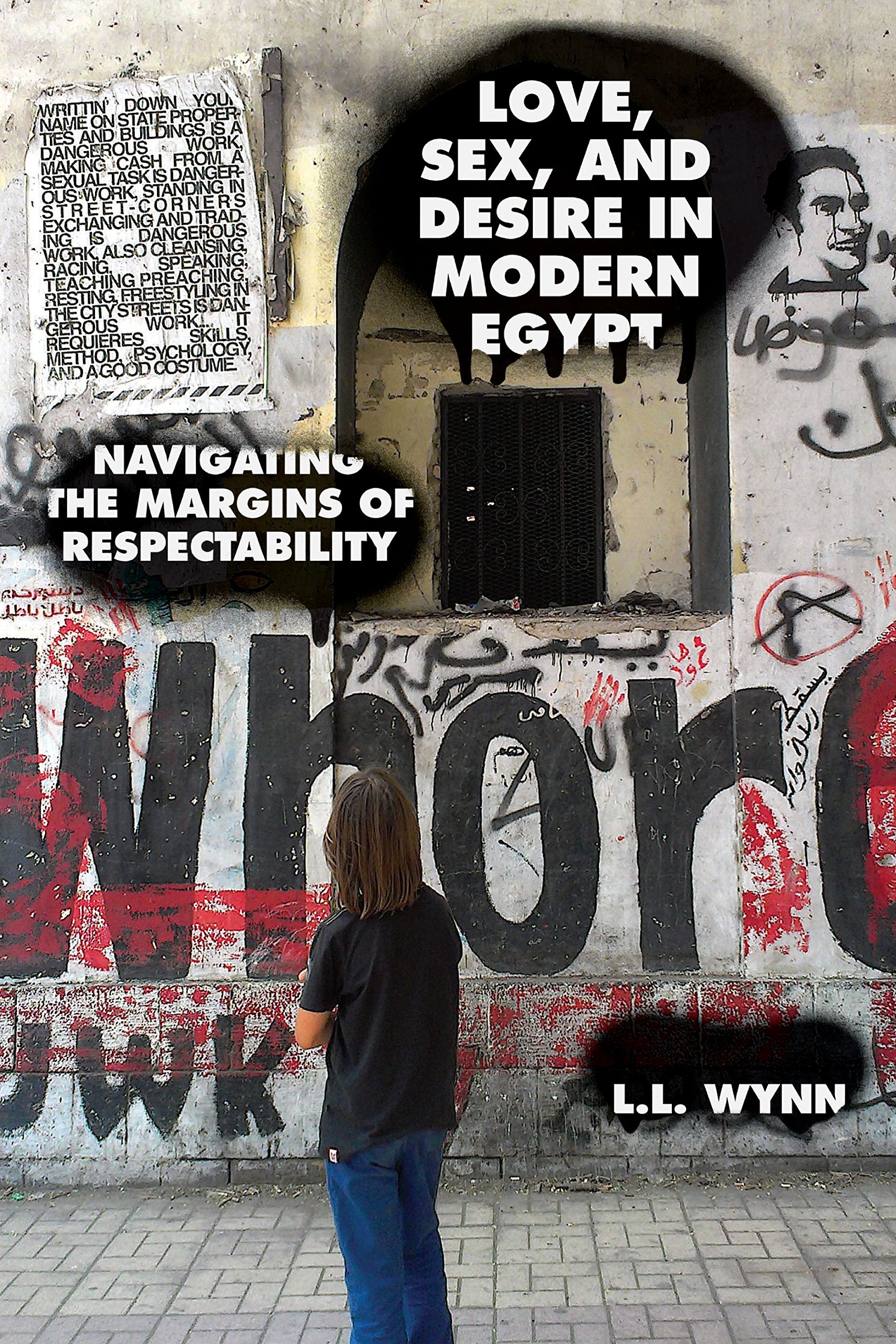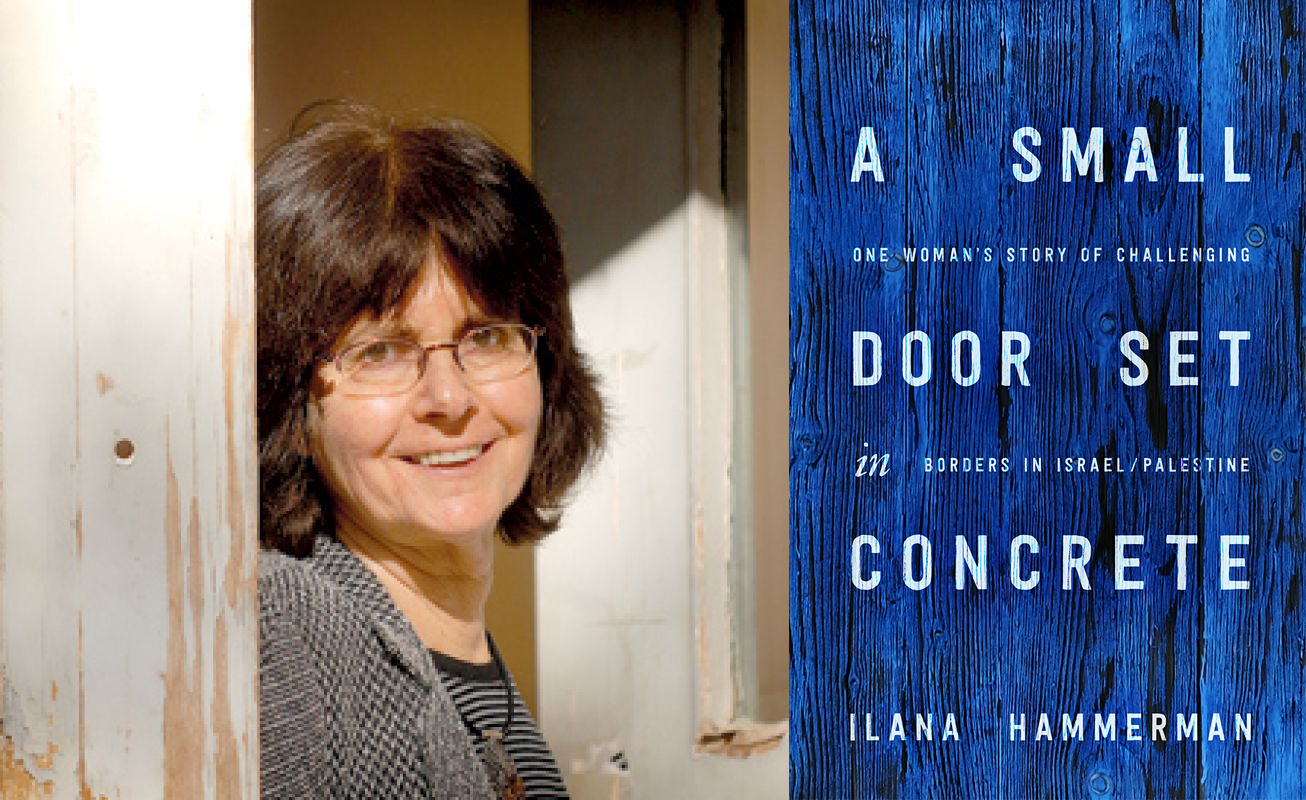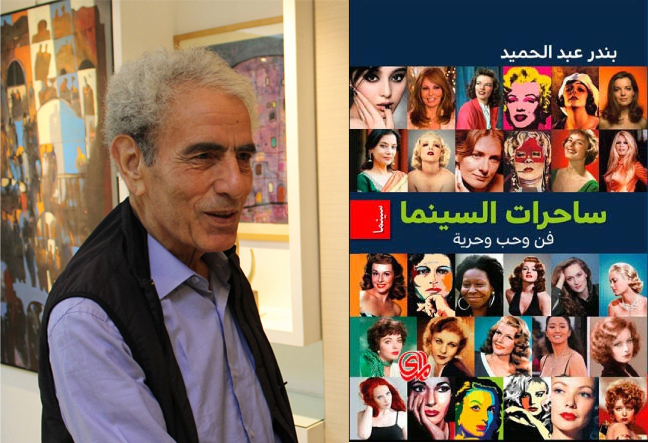
Amin Maalouf, Praised by Lebanese Patriots as Born for ‘Greatness,’ Criticized by Hashem Salih for Dubious Claims in His ‘The Wreck of Civilizations’
BOOK REVIEWS IN FORTHCOMING AL JADID, VOL. 24, NO. 78, 2020
BOOK REVIEWS IN FORTHCOMING AL JADID, VOL. 24, NO. 78, 2020
Challenging ethnographic theorists like Claude Lévi-Strauss, L.L. Wynn’s “Love, Sex, and Desire in Modern Egypt: Navigating the Margins of Respectability” (University of Texas Press, 2018) considers aspects of love and desire often overlooked by theorists when describing kinship structures. Wynn focuses on 21st century Cairenes in her book, with research collected from 2000-2015 on middle- to upper-class men and women, predominantly heterosexual, and conversations overheard in Arabic.
BOOK REVIEWS IN FORTHCOMING AL JADID, VOL. 24, NO. 78, 2020
Jewish-Israeli author Ilana Hammerman’s recent memoir, “A Small Door Set in Concrete” (University of Chicago Press, 2019), takes readers into life after decades of occupation in the West Bank and Gaza Strip. This memoir traverses the experiences of Palestinien men, women, and children living behind the wall who are unable to move and act freely.

